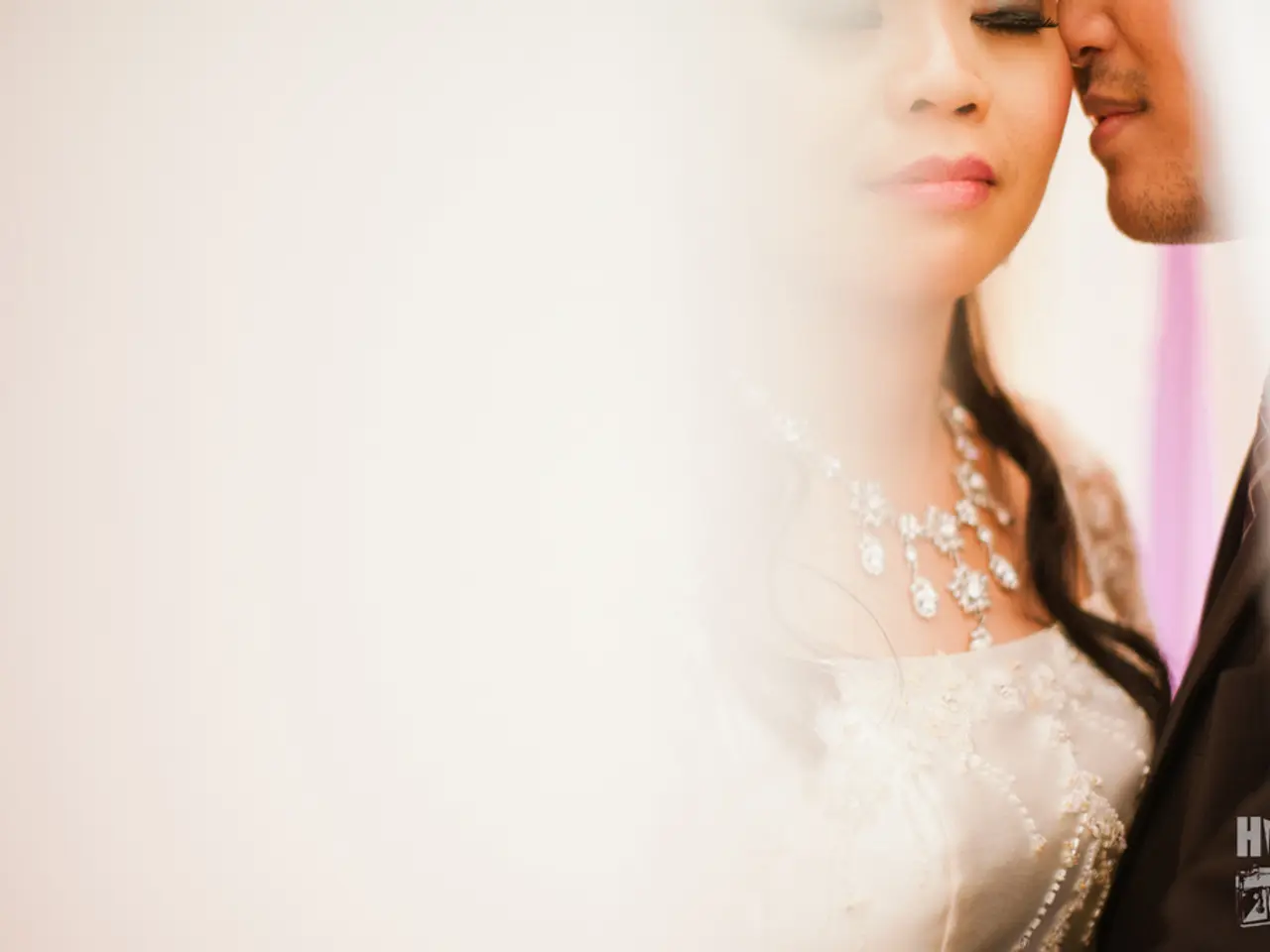Dubai's princess creates a stir by exercising the triple talaq divorce method on Instagram, defying conventional customs in a groundbreaking move.
In a groundbreaking move, Sheikha Mahra bint Mohammed bin Rashid Al Maktoum, the daughter of the ruler of Dubai, announced her divorce from Sheikh Mana on her verified Instagram account on Tuesday 16 July 2024. The announcement has captured global attention, sparking important conversations about gender roles and rights in the context of Islamic law.
Unlike the standard process, Mahra has initiated the divorce herself, a practice that is not traditionally available to women under Islamic law as applied in the UAE. According to Hesham El Rafei, under sharia law, for a Muslim wife to get a divorce, she must file a divorce case. However, women generally do not have the right to initiate triple talaq on their own under classical Islamic jurisprudence.
Triple talaq, a practice that allows husbands to swiftly divorce their wives by saying "I divorce you" three times, is traditionally a unilateral right of the husband in the UAE. The UAE Federal Personal Status Law No. 41 of 2024 governs marriage and divorce matters and recognizes talaq but heavily regulates it. The husband has the right to pronounce talaq to end the marriage unilaterally, but there are procedural safeguards including waiting periods and opportunities for reconciliation.
Women can petition a judge for judicial divorce on valid grounds such as harm, abandonment, or failure to maintain the marriage. If a woman seeks dissolution, she must follow judicial procedures or rely on family law provisions for fair treatment and dissolution rights. Any claim by a woman to triple talaq without contractual delegation could be rejected by the court, and the marriage would remain legally intact unless a judge grants a divorce through proper channels.
From a legal ramifications perspective, a woman’s unilateral declaration of triple talaq without judicial endorsement or delegation has no automatic legal effect in the UAE Muslim personal status framework. It may require the woman to file a formal divorce petition and prove grounds for dissolution. Any dispute between the spouses could potentially expose them to legal challenges.
The divorce announcement has caused mass speculation over what might happen next for the recently married couple, who welcomed their first child two months ago. The practice of triple talaq has been criticized for its potential to be used as a weapon in domestic disputes. The couple's divorce announcement employs the Islamic practice of triple talaq, but it is important to note that the Islamic phrase does not apply to women in initiating divorce.
The news of Mahra's divorce has been met with positive responses on social media, with one user stating: "This is so iconic. Normalize walking away when men don't treat you right." Mahra is one of 26 children of Dubai's ruler, and her mother, Zoe Grigorakos, is of Greek and Emirati heritage and was previously divorced by her husband.
Triple talaq is a controversial practice that has been debated in Islamic jurisprudence and is being challenged in some Muslim-majority countries. The legal and doctrinal context from available sources clearly point to the traditional gender allocation of talaq rights and the requirement of judicial intervention for women’s divorce. No search results specifically discuss a woman unilaterally initiating triple talaq in the UAE, but this reflects the traditional Islamic legal principles actively integrated into UAE family law, with safeguards and court oversight to protect family rights.
Mahra's unconventional initiative to declare her divorce, despite not having the traditional right to do so under Islamic law, has sparked discussions on social media about the need for women's rights in divorce proceedings. On the same platform, entertainment and conversations about her divorce have been intertwined, with one user commenting, "This is so iconic. Normalize walking away when men don't treat you right."







